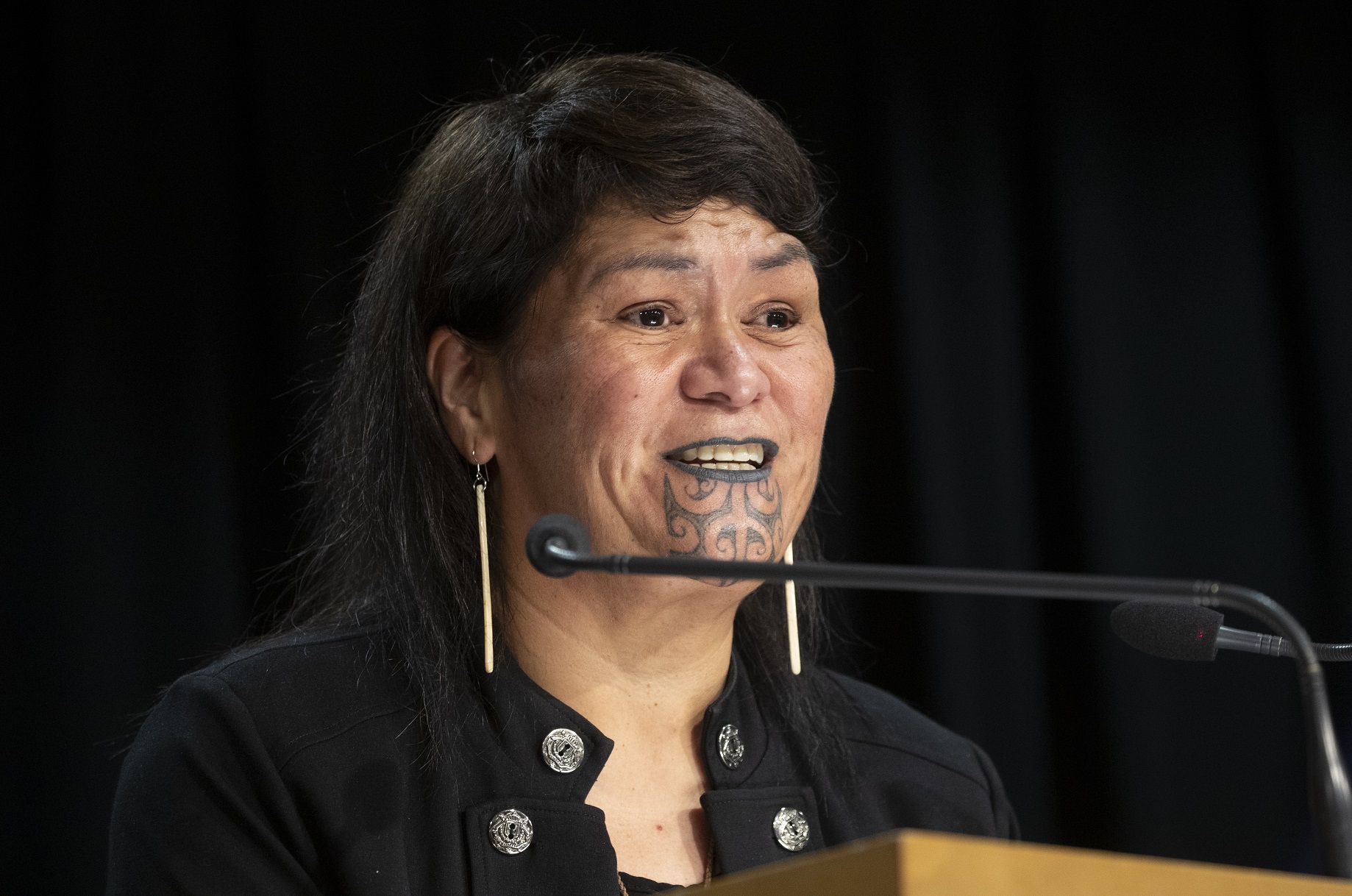

No-one knows what is meant by co-governance. Or, more accurately, there is no agreement about what is meant by this term.
I have asked 20 people what is meant by co-governance. There were 20 different answers.
The theme of the answers was that it may be an elected group of New Zealanders and a group of Maori chosen by mana whenua.
The Maori part of the co may be appointed by people who identify as specifically Maori or it may include those with Maori ancestry. It may be a 50:50 governance arrangement. And it may be expected to be governance by concensus. There may be an expectation that Maori have a right of veto.
Co-governance may be a right created by obligations arising from the Treaty of Waitangi, or in fact Te Tiriti o Waitangi if these are not the same in English and in Maori. It may be strictly at governance level or it may be at a management level. Or it may be an expression of our obligations under the Declaration on the Rights of Indigenous Peoples.
TV’s 1News says "Essentially it’s the Treaty of Waitangi partners, the Crown and Maori having equal seats around the decision-making table ... It’s not about handing over ownership, it’s about partnership in management."
If the Government is promoting co-governance it should be clear about what it is.
This is particularly important if it may have the effect of ceding the authority vesting in the democratically elected government to any organisations which are or could be 50% appointed and the other 50% elected by the entire population. And where there must be an ability to resolve a deadlock of views by granting some undisclosed person or people a right to exercise a casting vote.
The Government, including the most relevant ministers, is either unsure or it is attempting to comfort those who are unsure whether to embrace co-governance by telling different audiences different things.
Minister Nanaia Mahuta. when talking about Three Waters, said that co-governance will not be at an operational level, and that it is about the Crown meeting its Treaty obligations. It is to guarantee mana whenua equal representation with councils. And again, when talking of Three Waters, that local councils will remain owners of their water assets but will not have control over them.
Minister Willie Jackson told Q & A that "democracy has changed — we’re in a consensus-type democracy now. This is not a majority democracy. First past the post has finished".
Surely when there are proposals to change something as fundamental as our democracy we should all be part of the conversation. It is not good enough to leave the concept of co-governance to mean different things to different people who are signing up to or accepting the concept.
We should all be discussing how it can be that Te Tiriti can mean equal control of everything in public ownership in New Zealand. And who has the casting vote. And what we do about some being appointed and some elected. And how our legal system can be fundamentally messed around with by suggesting that you can leave someone with ownership without control. And how the Declaration of Indigenous Rights can be interpreted to give all of a population 50% control and 17% of the population 50% control.
We also should talk about whether democracy means for us one person one vote.
We would usually expect the media to be all over such issues. However this may be difficult since more and more media outlets are supported by government funding which relies on taking an appropriate attitude to anything which may be seen to be concerning Treaty relationships.
Now is the time to be talking about what co-governance actually means and how the Government wants to impose it on New Zealand.
The Government has been working towards more restrictive controls on what we can say. In the last fortnight Justice Minister Kiri Allan told Q&A that new hate speech laws would be passed before the next election. This week it is clear that there will be almost no new laws proposed now.
Hate speech, according to the United Nations, refers to "offensive discourse targeting a group or an individual based on inherent characteristics (such as race, religion or gender) and that threaten social peace".
The Government was right to pull back from extending our laws around controlling what people say about each other in case social peace is threatened.
However Minister Mahuta has said that opposition to the Government’s proposed fresh water reforms "seemed to be driven not about economics or effectiveness but racist tropes about co-governance".
Driving discussion about such issues underground by labelling concerns as racist tropes is more likely to threaten social peace and encourage more extreme views.
We do well if we retain the ability to listen to and understand the fears and hopes we have about the future of our democracy and what it means to be a New Zealander in an inclusive and enriching society.
- Hilary Calvert is a former Otago regional councillor, MP and DCC councillor.










